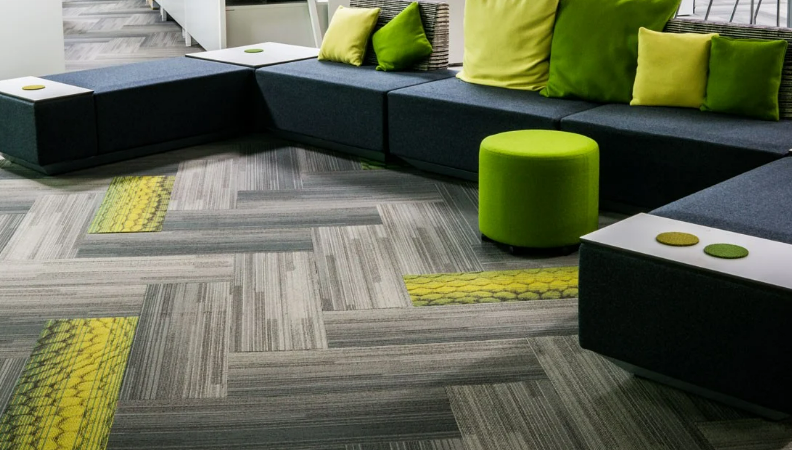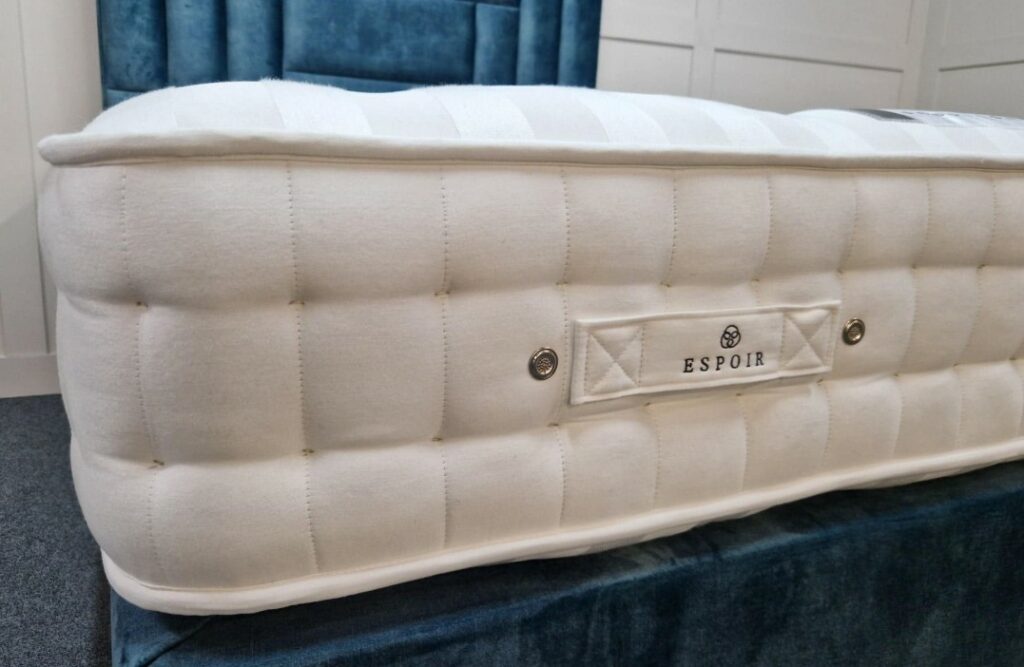Global flooring manufacturer Mohawk Industries, Inc. has reported a decline in first quarter sales.
According to its latest trading update for Q1 2025, net sales were down 5.7% to $2.5bn. Net earnings resulted at $105m.
Commenting on the Company’s first quarter, Chairman and CEO Jeff Lorberbaum stated: “In the first quarter, our sales were relatively flat on a constant basis, absorbing two fewer shipping days and year-over-year foreign exchange headwinds. The impact of missed sales and extraordinary costs from the new Flooring North America order system was within the expected range, and service has returned to historical rates. Our earnings performance primarily benefited from productivity gains, restructuring actions and a lower tax rate, which partially offset pricing pressure and higher input costs. During the quarter, we purchased 225,000 shares of stock for approximately $26 million.
“Across our markets, conditions in the first quarter weakened sequentially, with residential remodeling still the slowest sector. Consumer confidence has fallen as individuals have grown increasingly anxious about their future prospects. Last month, global tariffs were announced, which elevated uncertainty for businesses and consumers. In response to retaliatory tariffs, the U.S. also implemented tariffs of 145% on China, which supplies a significant part of the LVT sold in the U.S. Mohawk has substantial domestic operations to produce ceramic tile, carpet, laminate, sheet vinyl, LVT and quartz countertops, which is more advantageous as tariffs increase. To offer our customers a wider variety of options, we supplement our ceramic tile and LVT manufactured in the U.S. with imported products.
“Most of the ceramic tile and some of the LVT we import is produced in our own facilities in Mexico and is not subject to tariffs under the USMCA agreement. We increased our inventory levels in preparation of the tariffs being implemented. At the current 10% rates, we estimate Mohawk will incur an annualized cost of approximately $50 million, which we expect to address through price increases and supply chain adjustments as needed. In addition to the direct impact of the shift in global trade policy, the tariffs are likely to influence consumer, new construction and business spending in both the U.S. and abroad, though the extent is unpredictable at this time.
“Net sales in the Global Ceramic Segment decreased 4.9% as reported, or increased 1.2% adjusted for constant days and exchange rates versus the prior year. The Segment’s operating margin was 4.2% as reported, or 4.8% on an adjusted basis due to higher input costs and lower sales volume, partially offset by productivity gains.
“Net sales in the Flooring Rest of the World (FROW) Segment decreased by 8.8% as reported, or 2.9% adjusted for constant days and exchange rates versus the prior year. The Segment’s operating margin was 8.8% as reported, or 9.1% on an adjusted basis due to competitive industry pricing and decreased volume.
“Net sales in the Flooring North America (FNA) Segment decreased 4.2% versus the prior year as reported, or 1.1% adjusted for constant days. The Segment’s operating margin was 1.1% as reported, or 3.0% on an adjusted basis due to the impact of the order system conversion and higher input costs, partially offset by stronger productivity and cost reduction actions.
“With the implementation of tariffs last month, there is more uncertainty with the global economic outlook, and softer conditions are anticipated given higher inflation, lower consumer confidence and reduced business investments. At this point, the tariff amounts and the effect on consumer spending and housing are still evolving. We will take the appropriate actions to manage the impact of tariffs as needed. We are focusing on optimizing our sales and further lowering our operational costs with our restructuring initiatives, which should result in a benefit of approximately $100 million this year. FNA’s service has returned to historical levels while we continue to enhance the functionality and efficiency of the Segment’s new order system.
“We anticipate pricing pressure will continue in all regions given low demand and competitive markets. Global Ceramic and FNA are improving their mix with increased participation in the commercial channel, sales of premium collections and the performance of recent product introductions. In FROW, European consumer demand for large discretionary purchases such as flooring is at a low level with product demixing, though declining interest rates could stimulate demand. Given these factors, we expect our second quarter adjusted EPS, which excludes any restructuring or other one-time charges, will be between $2.52 and $2.62.
“We remain optimistic about the long-term prospects of the flooring category given where we are in the housing cycle. To improve our results, we continue to reduce our cost structures, simplify our operations and product complexity and invest in new product features. When the Great Recession bottomed, our industry rebounded dramatically, growing more than ten percent in the subsequent years. Though we cannot predict the inflection point, we expect our results to significantly improve when industry volumes return to historical levels. As with past economic cycles, we will emerge from this period operationally stronger and ready to provide our customers with superior products and service.”















